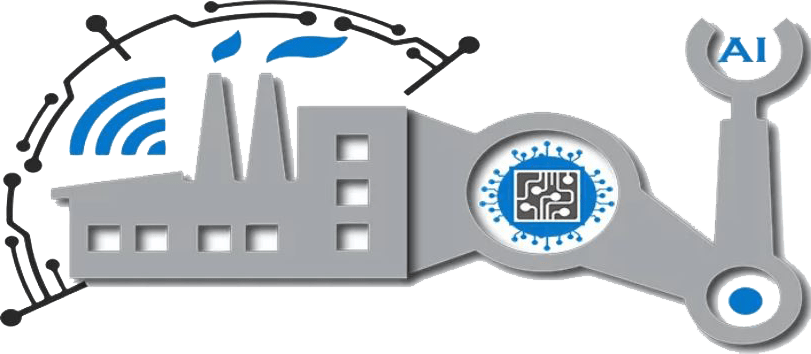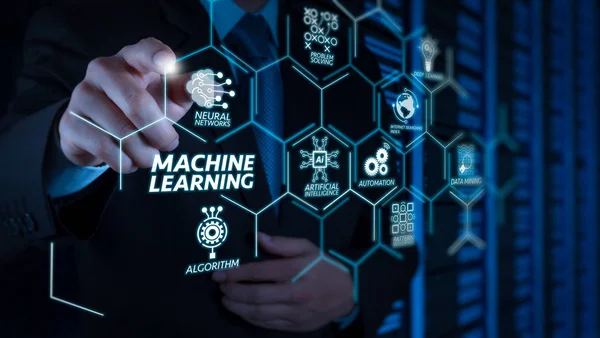Machine learning (ML) and deep learning (DL) are at the forefront of the AI revolution, offering powerful tools to enhance industrial decision-making. These technologies leverage vast amounts of data to identify patterns, make predictions, and optimize processes. Key applications in quality control, predictive maintenance, and process optimization demonstrate the transformative impact of ML and DL in industrial operations.
Focus on Machine Learning and Deep Learning Applications in Quality Control, Predictive Maintenance, and Process Optimization
In quality control, machine learning and deep learning are used to improve product inspection and defect detection. Traditional quality control methods often rely on manual inspections, which can be time-consuming and prone to human error. ML algorithms can analyze images and data from sensors to detect defects with high accuracy and speed. Deep learning models, particularly convolutional neural networks (CNNs), are adept at image recognition and can identify even subtle defects that might be missed by human inspectors. By automating quality control, ML and DL not only enhance accuracy but also increase the efficiency of the inspection process, ensuring consistent product quality and reducing waste.
Predictive maintenance is another critical application of machine learning and deep learning in industry. By analyzing data from machinery and equipment, ML algorithms can predict when a component is likely to fail, allowing for maintenance to be scheduled proactively. This predictive capability reduces unplanned downtime, extends the lifespan of equipment, and minimizes maintenance costs. Deep learning models, with their ability to process and analyze complex data patterns, can enhance the accuracy of these predictions. For instance, recurrent neural networks (RNNs) and long short-term memory (LSTM) networks are particularly effective in analyzing time-series data from sensors to forecast equipment failures.
Process optimization benefits significantly from the application of machine learning and deep learning. These technologies enable industries to analyze and optimize complex processes by identifying inefficiencies and suggesting improvements. In manufacturing, ML models can optimize production schedules, resource allocation, and supply chain logistics. Deep learning models can further enhance this by processing large volumes of data from various sources, providing real-time insights and recommendations. For example, reinforcement learning, a type of ML, can be used to optimize industrial processes by continuously learning and adapting to changing conditions, resulting in improved efficiency and productivity.
Demonstrating AI’s Role in Enhancing Industrial Decision-Making
AI, through machine learning and deep learning, plays a pivotal role in enhancing industrial decision-making. By providing data-driven insights and predictions, AI enables more informed and timely decisions. In quality control, AI-powered systems can quickly identify and address defects, ensuring higher product standards. In predictive maintenance, AI allows for proactive management of equipment, reducing downtime and maintenance costs. In process optimization, AI helps streamline operations, optimize resource use, and improve overall efficiency.
Moreover, AI’s ability to process and analyze vast amounts of data far surpasses human capabilities. This enables industries to uncover hidden patterns and correlations that would be difficult, if not impossible, to detect manually. By leveraging these insights, businesses can make more strategic decisions, improve operational efficiency, and gain a competitive edge.
In conclusion, machine learning and deep learning are transforming industrial operations by enhancing quality control, predictive maintenance, and process optimization. These technologies enable more accurate, efficient, and proactive decision-making, driving significant improvements in productivity and cost-effectiveness. As industries continue to adopt AI, the role of machine learning and deep learning in shaping the future of industrial operations will only grow, unlocking new levels of innovation and competitiveness.





